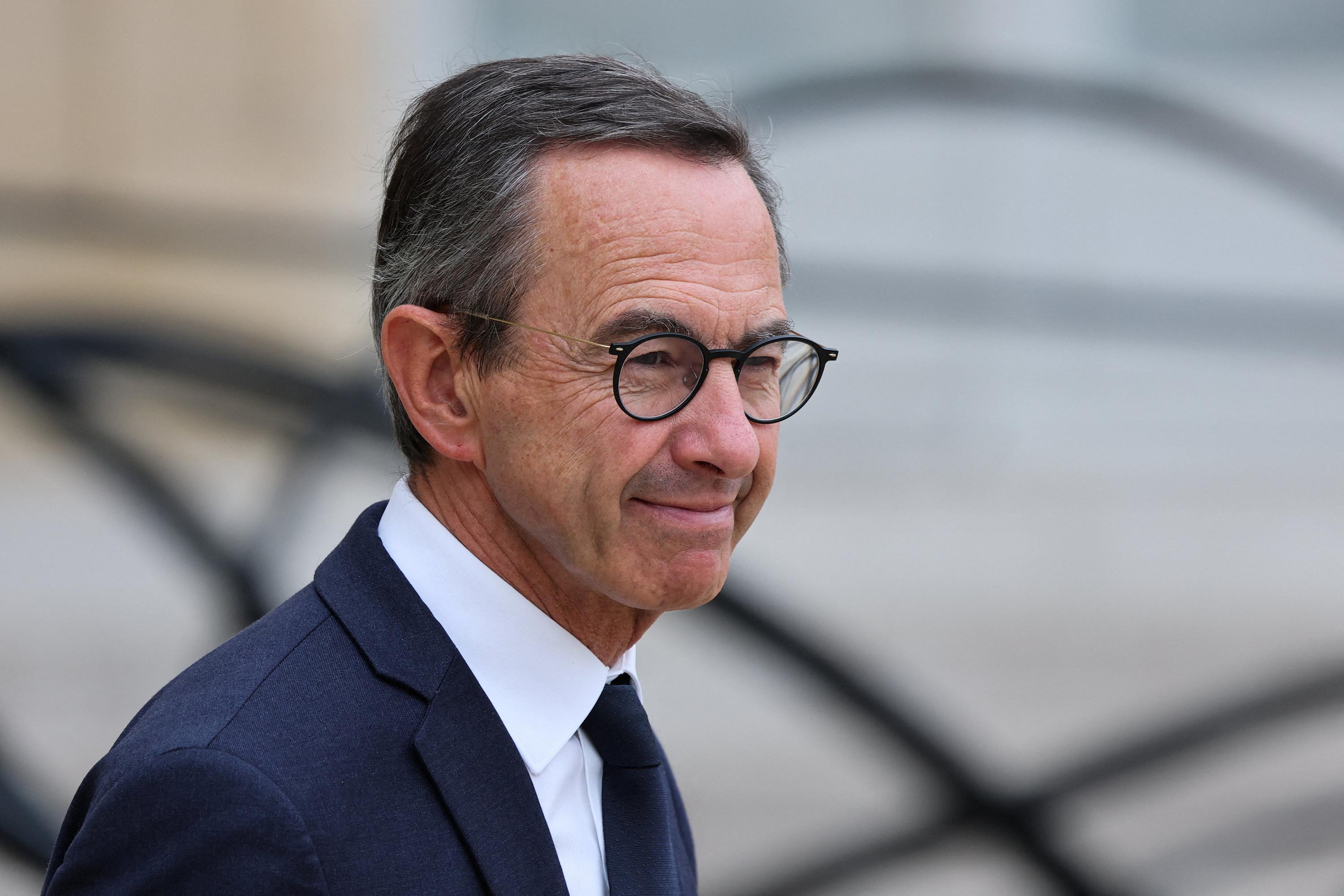Political Tensions Rise Over Immigration and Tax Policy Ahead of 2027 Elections
Political rifts deepen over immigration and tax issues as France prepares for the 2027 presidential election.
- • Disagreements between Lecornu and Retailleau on immigration and tax reforms.
- • Le Pen and Bardella lead in presidential polls, significantly ahead of competitors.
- • Discussions in the National Assembly focus on party representation and influence.
- • Retailleau's proposals for tax increases are met with resistance from Lecornu.
Key details
Disagreements on immigration reform and tax policies continue to intensify among French politicians as the 2027 presidential election looms. Recent remarks by Gregoire Retailleau, head of the Republicans, have drawn sharp rebuttals from Gérald Darmanin, the Minister of the Interior, highlighting deep divisions within the political landscape. Retailleau has accused the government of failing to effectively deal with immigration and proposed increasing taxes as a means of funding social programs, a stance that has been criticized by Lecornu, who claims such measures could harm the economy.
Currently, Marine Le Pen and Jordan Bardella are leading in presidential polls according to an Ifop-Fiducial survey, with a notable gap between them and other candidates like Édouard Philippe and Raphaël Glucksmann, who are contending for the second round. Lecornu emphasized the need for a cohesive immigration strategy and dismissed calls from Retailleau for austerity measures, stating that youth and community engagement are paramount amidst rising public discontent regarding immigration issues.
As these disputes unravel, the National Assembly is poised to play a significant role in shaping future policies, with discussions about the allocation of key parliamentary positions reflecting the weight of political parties. Retailleau's remarks mark a critical moment as France prepares for a potential shift in its political landscape, influenced heavily by public sentiment towards immigration and taxation.
This article was translated and synthesized from French sources, providing English-speaking readers with local perspectives.
Source articles (2)
Source comparison
Latest news
France Returns the Djidji Ayôkwé Talking Drum to Côte d'Ivoire After Over a Century
Record 37 Days of Rain Triggers Ongoing Severe Flooding in Western France
Political Divisions and Social Tensions Intensify Following Quentin Deranque’s Death in Lyon
French Economy Minister Calls for Full Insurance Industry Mobilization Amid Devastating Storm Floods
France Boosts Social and Solidarity Economy with New Tools and Potential Tax Reforms in 2026
Saint-Nazaire Mayor Condemns Vandalism of Two Political Offices as Attack on Democracy
The top news stories in France
Delivered straight to your inbox each morning.

